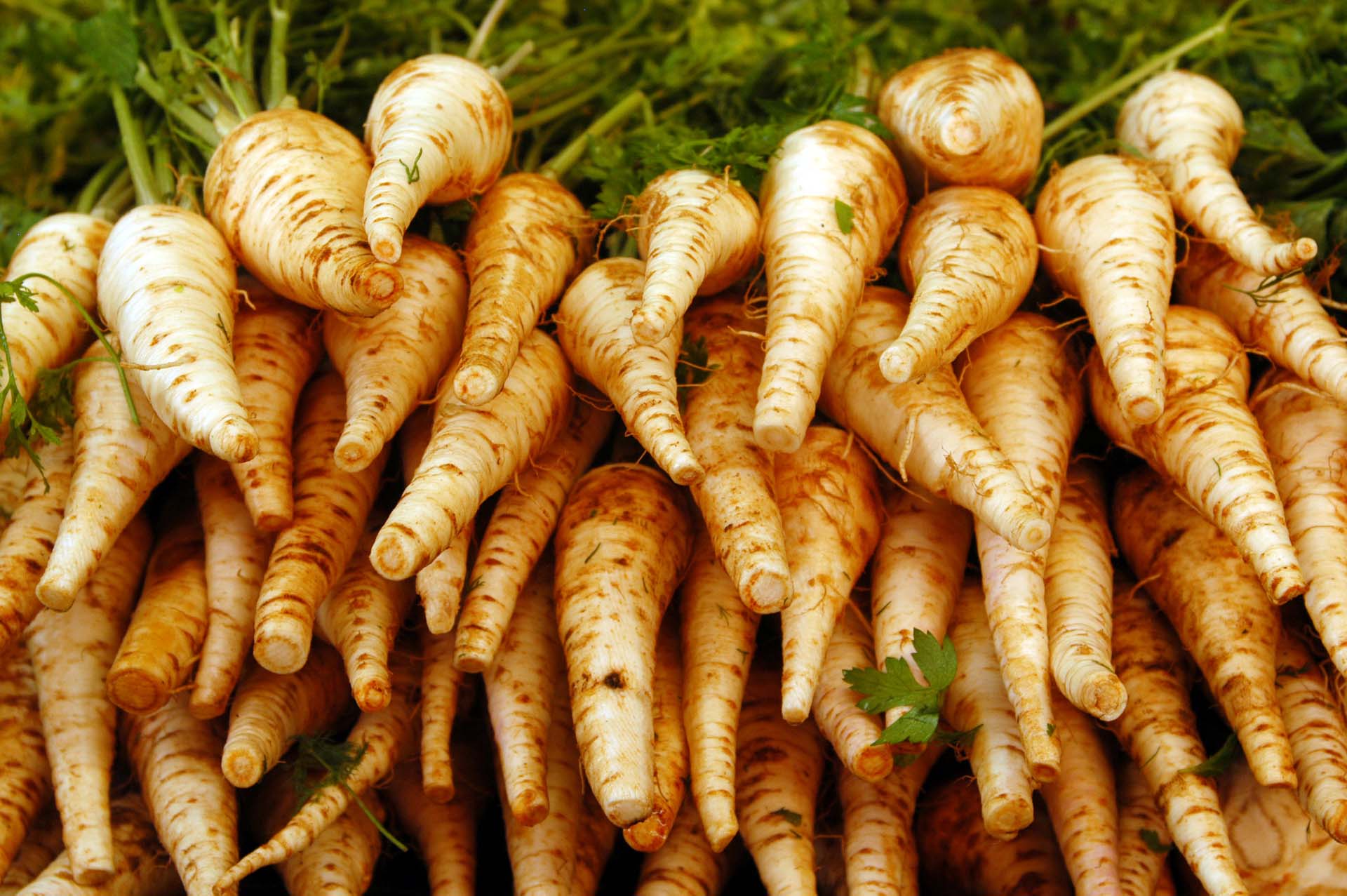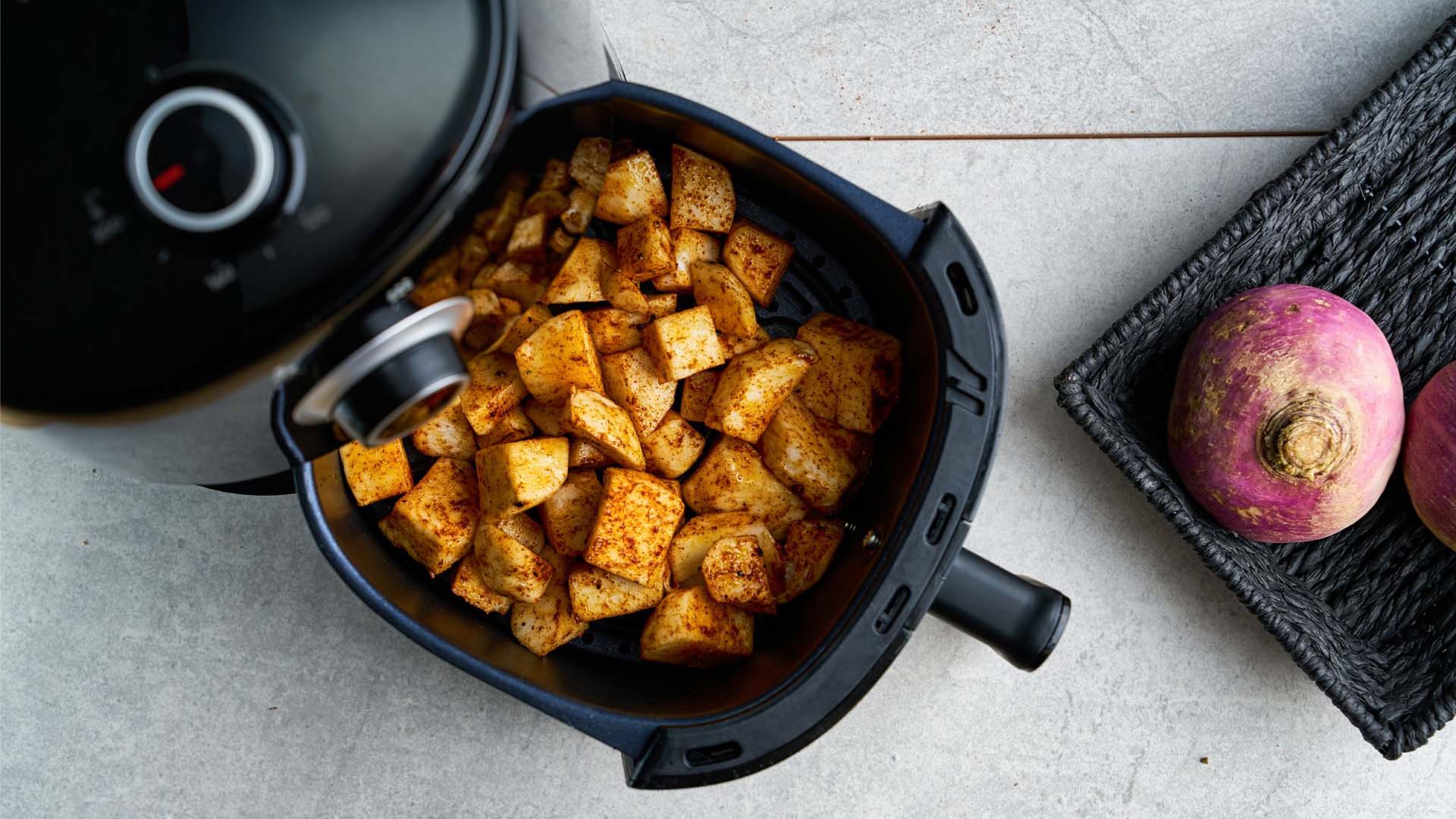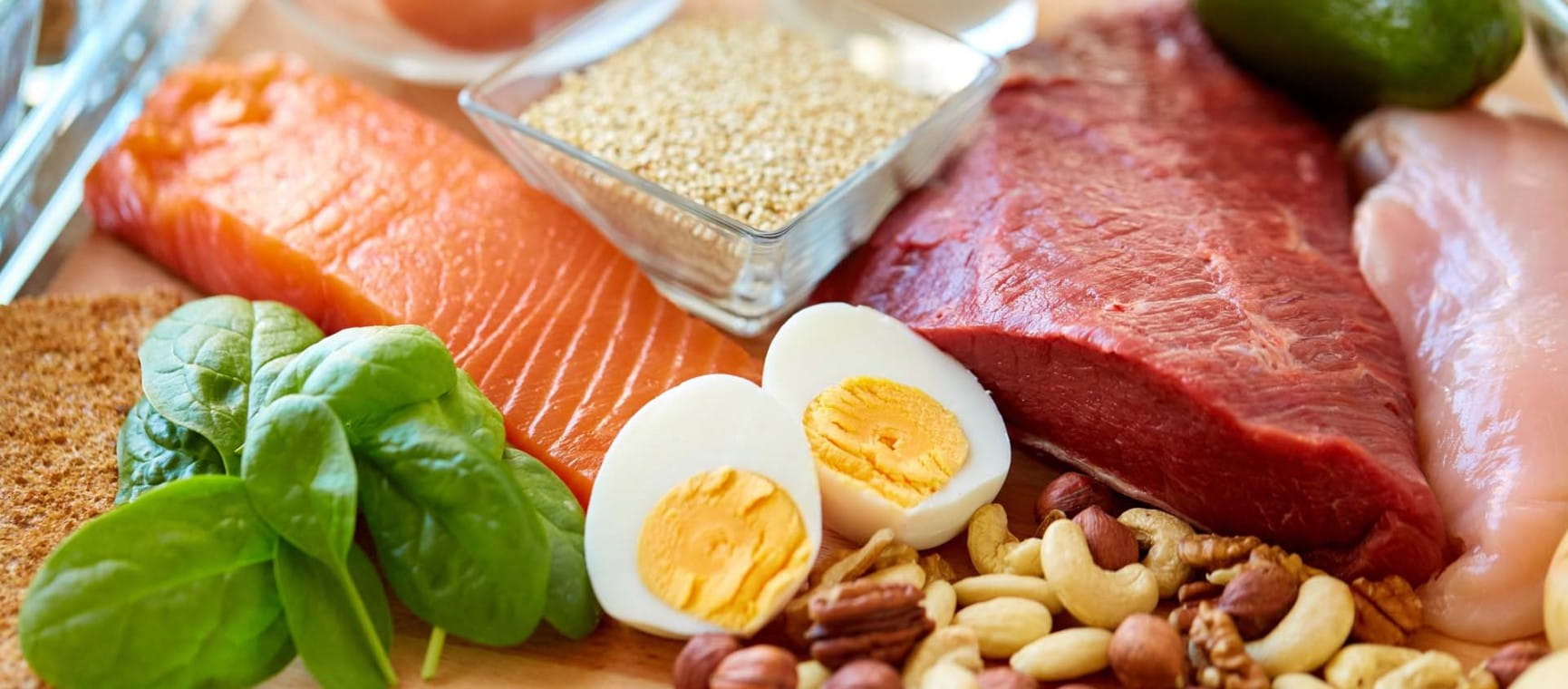
You probably know it is good for you, and that we all need to include it in our diets, but exactly what is protein and what purpose does it serve?
Protein is one of the macronutrients (macros) which our bodies need – the other main ones being carbohydrates and fats.
These nutrients are needed in larger amounts than micronutrients (comprising vitamins and minerals, which are needed in smaller quantities), hence the term macros. Our bodies can’t make macros by themselves, so we need to get them from the food we eat.
All the cells in our body are made mainly from proteins, and protein is a vital food group within our diet.
All living things contain protein (in varying amounts), which means you can get protein from a wide range of foods.
“Protein plays a vital role in almost every part of the body, from hormones, muscle strength and healthy blood cells, to helping you feel full after meals,” Dr Clare Bailey, from The Fast 800, tells us.
Dr Sunni Patel, a culinary medicine expert, nutritional therapist and founder of health coaching and food education platform Dish Dash Deets, adds: “Protein is an important foundation for many of the tissues in our body because the amino acids (the building blocks of protein) help in the growth, repair and maintenance of muscle as well as bones and connective tissue.”
As well as building and repairing cells, protein aids digestion, provides energy and supports our immune system – and that’s to name but a few of its functions. Protein also provides the building blocks for muscle, and it helps us feel fuller.
This can be especially helpful if you want to lose weight. Protein-rich foods help suppress the hunger hormone ghrelin, so we’re less inclined to snack or overeat.
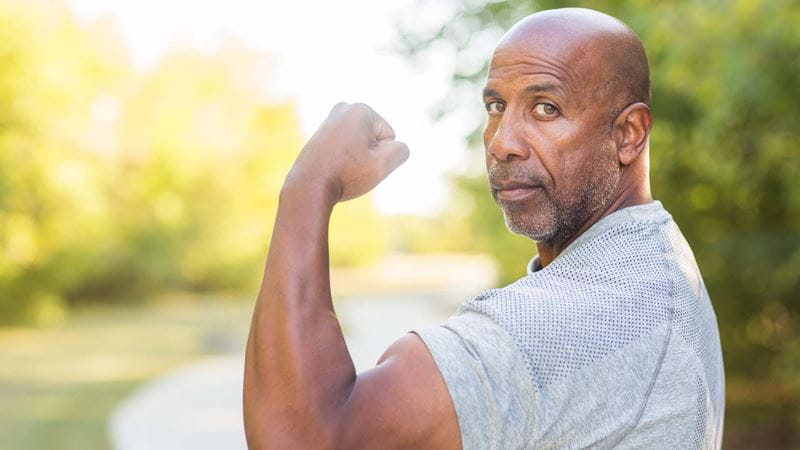
“Your body needs protein to repair and grow muscle that is broken down during exercise,” Dr Patel tells us. This is especially important if you’re exercising regularly, though protein needs vary according to how much exercise you do.
High-level athletes follow a very strict, high-protein diet for most of their sporting lives. There is little room for deviation, and they need much more protein than the average person, due to the amount of muscle in their bodies.
Those of us who are not athletes but who exercise on a consistent and regular basis are probably already getting enough protein, as long as we eat healthily. The NHS Eatwell Guide has information on how to make balanced meals.
Alexandra Johnstone, who specialises in the role of dietary protein, says that as we age, so our bodies take longer to recover from a workout. This, combined with a decrease in muscle mass, means that protein is more important than ever.
Spreading your protein intake throughout the day is recommended by the British Nutrition Foundation. You should also eat some protein and carbohydrates within an hour of finishing a workout, to speed up muscle recovery.
If you want to increase muscle mass (get stronger), increasing protein alone won’t do it. You need to follow a workout programme that uses progressive overload as its main principle (gradually increasing the weights you lift) and eat a balanced diet.
Guidelines are just that. There’s no hard and fast rule. Plus, different websites will offer different recommendations. Also keep in mind that some give guidelines based on body weight in pounds, others in kilos.
“Many factors, including your weight, health issues, gender, age and how much you exercise determine the amount of protein you should be having on a daily basis,” says Johnstone.
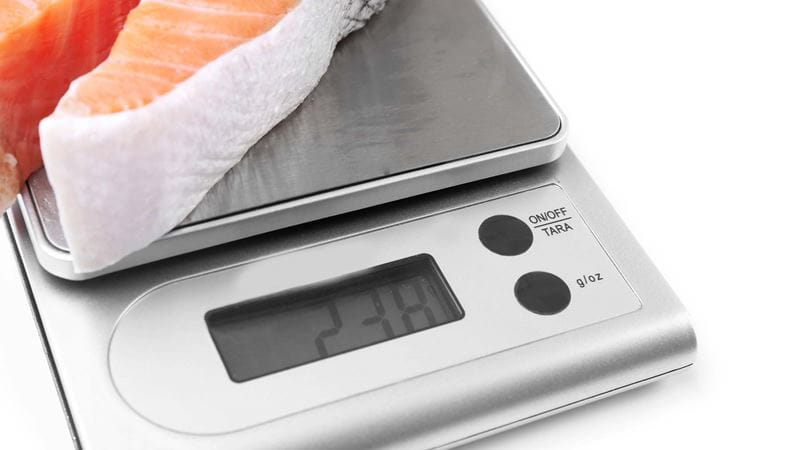
Current UK guidelines advise that adults should aim for 0.75g of protein per kg of body weight (equivalent to 56g for the average man and 45g for women) per day, but most of us eat more than this – including the vegetarians and vegans among us. It’s worth noting, though, that these guidelines don’t consider how your needs might change as you get older.
Most of the time, we have all the protein our bodies need to replenish and maintain tissue, but there are times in our lives when we need extra protein. This includes during pregnancy, menopause or illness. We also need more protein as we age.
“We lose muscle mass and strength at a rate of 3–8% every decade from around the age of 30, which accelerates from around 50 years old,” Dr Patel says.
“Age-related progressive loss of muscle mass and strength (known as sarcopenia) can lead to risk of frailty and falls,” adds dietitian and nutrition consultant Priya Tew.
This is why it’s important to make sure we include plenty of protein in our diet. A 2013 study concluded that people over 65 should aim for higher levels of protein in their diet to protect against declining muscle mass.
Some researchers suggest that healthy older adults should consume 1–1.2g per kg of body weight daily. This would mean a 60-year-old man weighing 85kg (13st 5lb) should aim for 85–102g (3–4oz) of protein per day, while a 75-year-old woman who weighs 65kg (10st 3lb) would need around 65–78g (2–3oz).
When planning meals, it’s useful to make vegetables and protein the primary focus, before carbohydrates and fats – though these should be included in addition to dairy for a balanced plate. It’s important to note that too much protein isn’t helpful and some studies have shown that excess protein can lead to weight gain.
Both animal products and plant foods can be sources of protein, and there’s growing evidence that swapping animal protein for plant proteins can benefit your health.
Animal products, including meat, fish, eggs, milk, yogurt and cheese, are good sources of protein. Aim for lean meat or fish options, such as chicken or turkey, and try to limit how much red and processed meat you eat.
The Department of Health and Social Care recommends that if you eat more than 90g (3oz) of red and processed meat a day, you should cut down to no more than 70g (2oz).
Dairy products are good choices, especially for breakfast in place of cereal. For example, you could have eggs on toast or Greek yogurt and fruit to start the day, or as a post-workout snack.
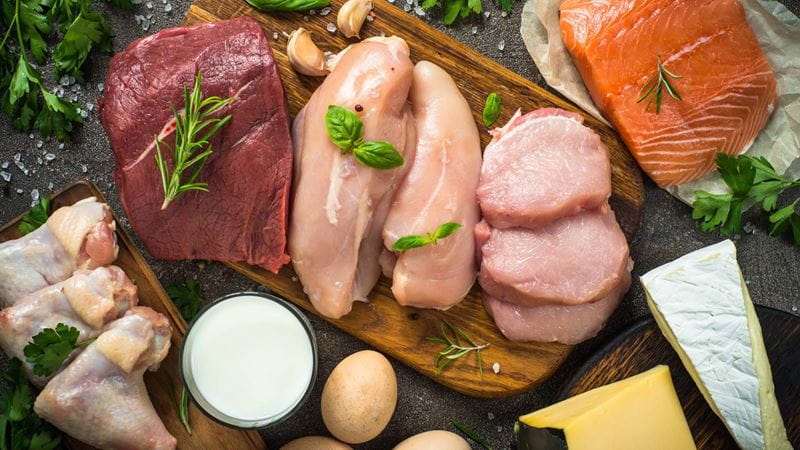
Beans, lentils, pulses, tofu, nuts and seeds are plant-based alternatives that are also good sources of protein.
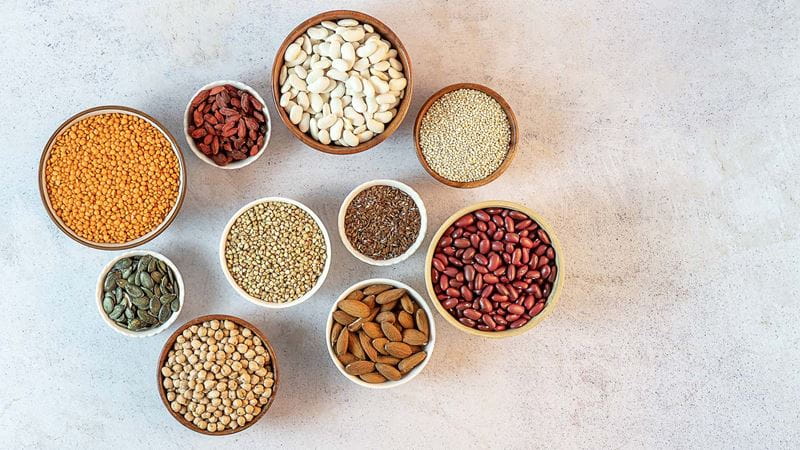
It’s easy to make sure every meal contains at least some protein in it, since there are so many options to choose from.
Balance your plate with plenty of fruit or veg and some healthy carbs, be mindful of portion sizes and you’ll smash those protein goals with ease.
Dr Clare Bailey is a GP and health columnist with extensive experience in helping people lose weight and improve their health. Alongside Dr Michael Mosley, she has authored several bestselling books on weight loss, diet and diabetes, and created the 5:2 and Fast 800 diets. Bailey also creates and shares healthy recipes.
Dr Sunni Patel PhD, MBA, PGDip (Cul Med) is a culinary medicine and nutritional therapy expert. With more than 15 years of healthcare experience and 10 years working in senior corporate roles, Dr Patel has a passion and proven success for bringing wellness into everyday life. He is also founder of health coaching and food education platform Dish Dash Deets, and has a PhD on the risk factors for type 2 diabetes and heart disease.
Alexandra Johnstone is a professor in human nutrition at the Rowett Institute, part of the School of Medicine, Medical Sciences and Nutrition at the University of Aberdeen. She obtained her PhD in 2002 and leads a research team to assess eating as a form of behaviour. As a UK-registered nutritionist, she enjoys working with local, national and international food industry sector colleagues, to develop evidence to support the relationship between diet and health.
Priya Tew is a dietitian and nutrition consultant specialising in eating disorders (anorexia, bulimia, binge eating disorder) and gut health. Tew has taken the FODMAP training course with Monash University and supports people with IBS. She also helps people with areas including special diets, chronic fatigue, anaemia, osteoporosis and achieving a healthy, balanced diet.
Gemma Harris has been a journalist for more than seven years and is a self-confessed health and wellbeing enthusiast, which led her to specialise in health journalism. During her career, she has worked with top editors and publications in the industry.
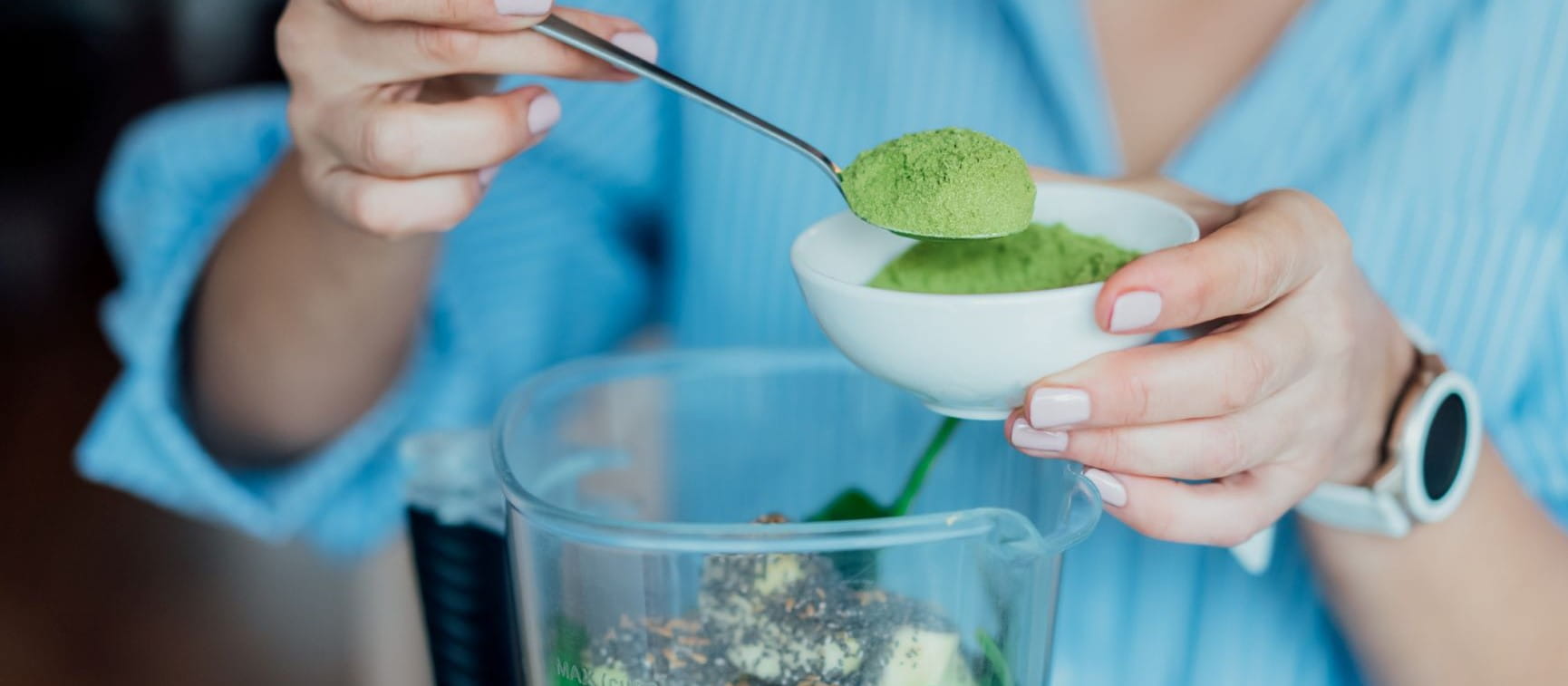
What are superfood powders and how useful are they? Experts reveal their choices of the best ones to try.
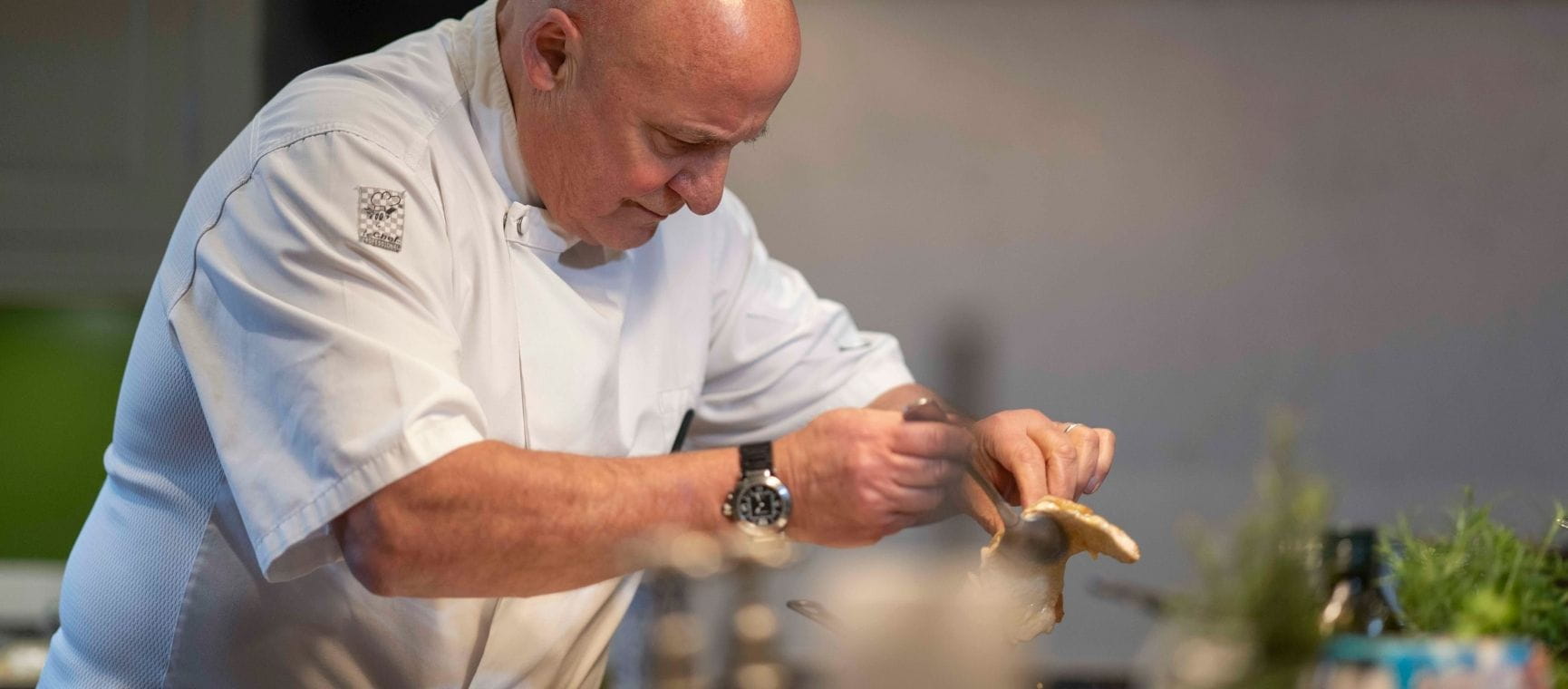
The Italian chef's tips on how to create healthy and delicious food - with two easy and delicious recipes to cook.
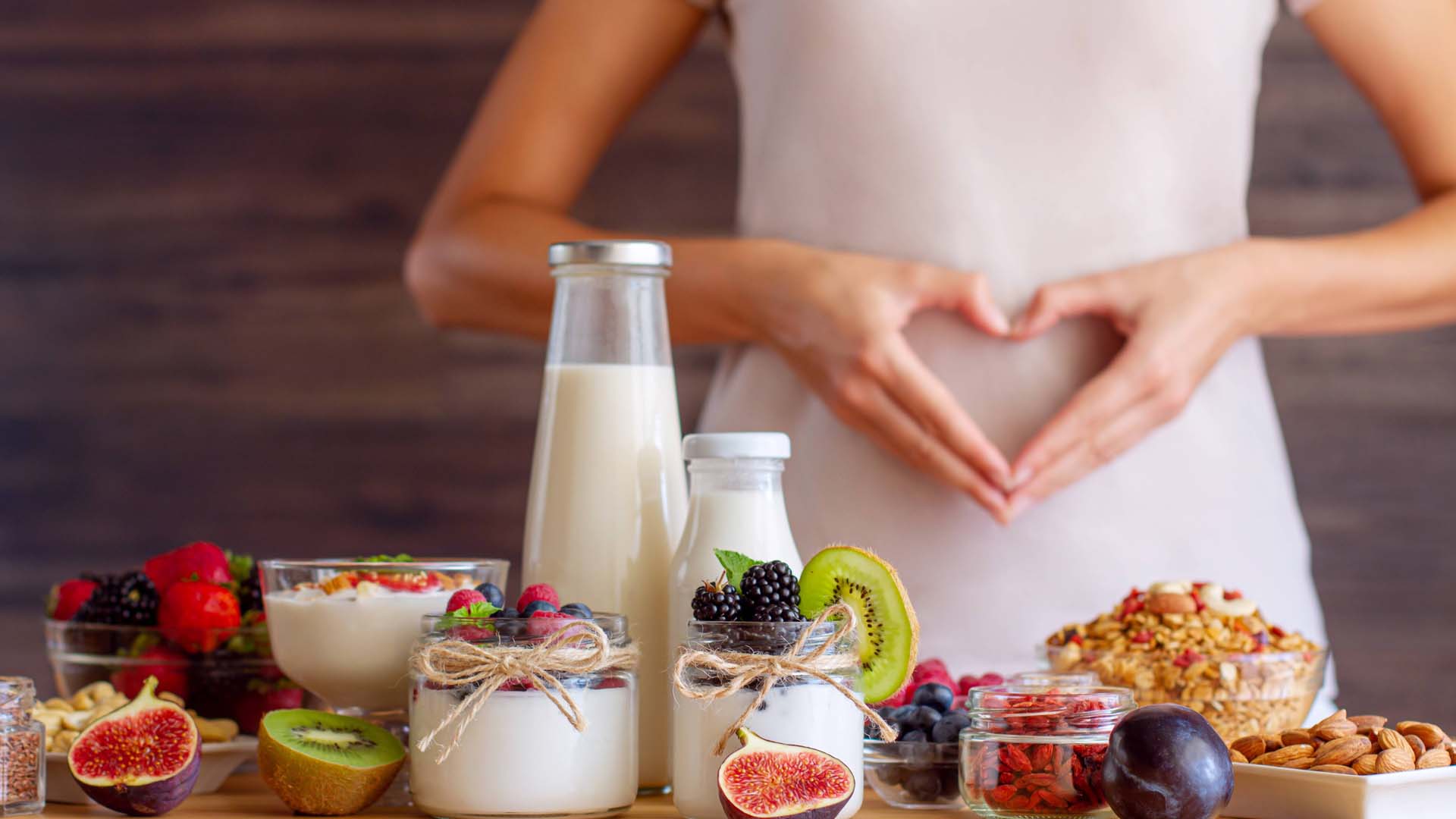
Looking after your gut health could be one of the biggest things that you can do for your overall health. Here are the best foods to keep your gut happy.
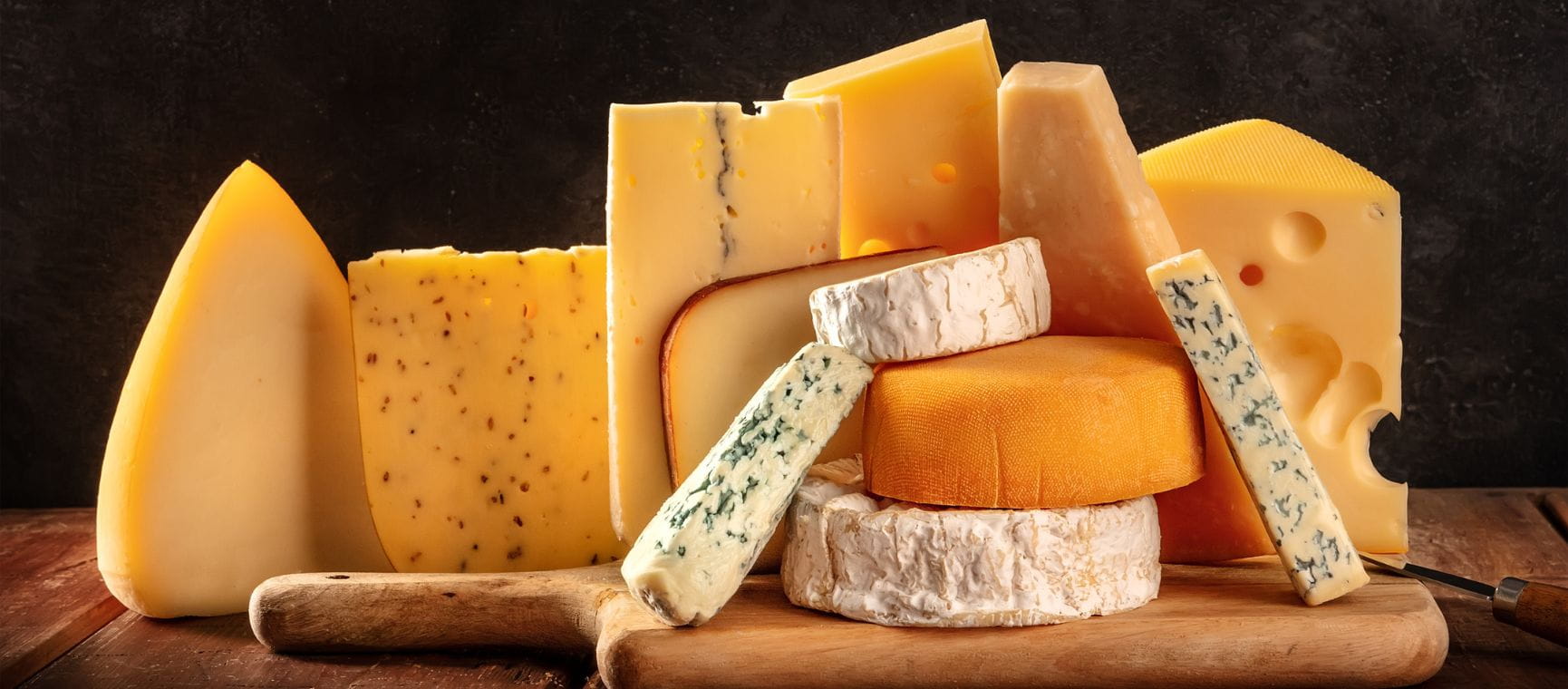
We've ranked popular cheeses best to worst for their health credentials.
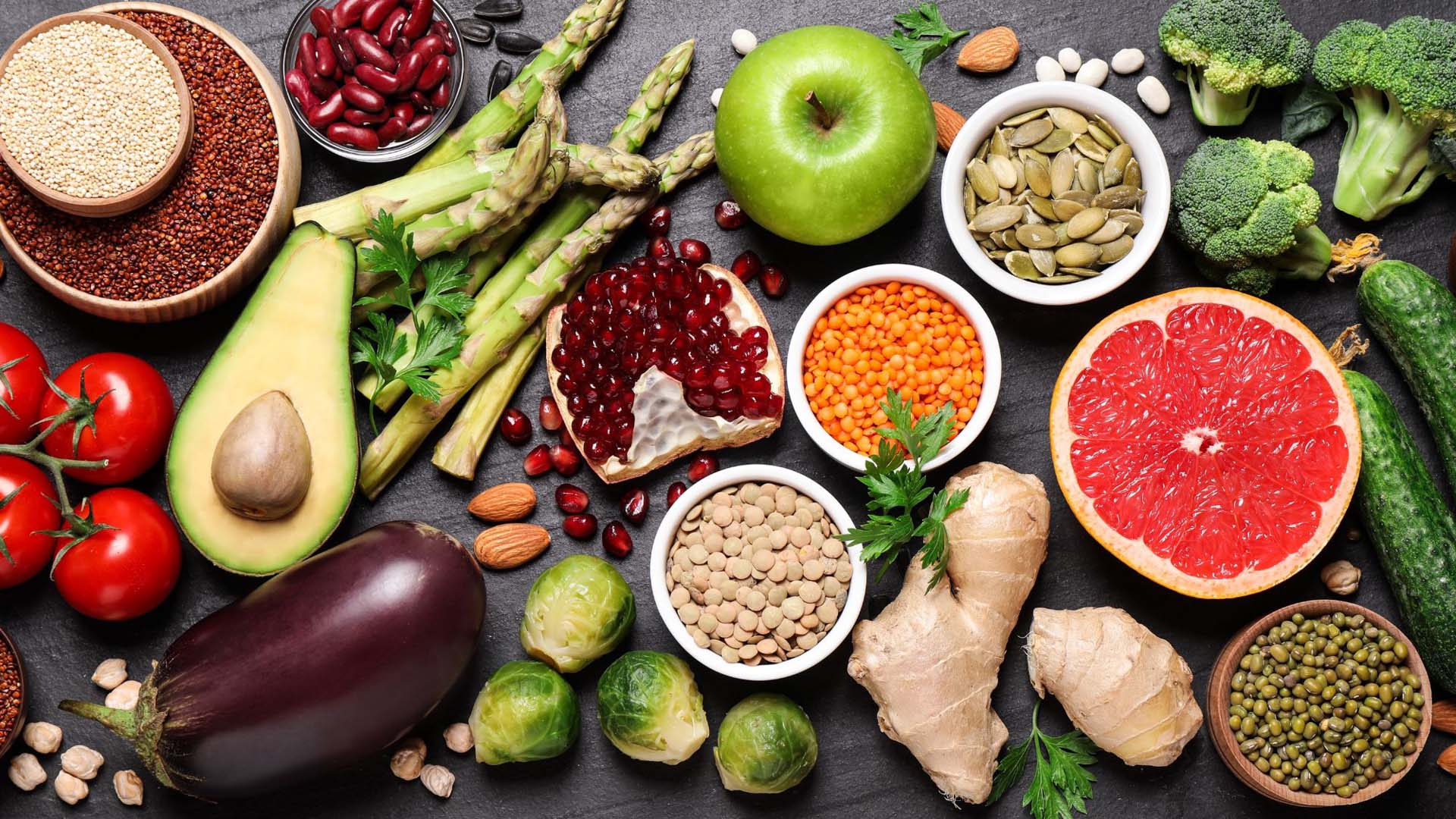
The foods that could help you live longer and protect against chronic illness.

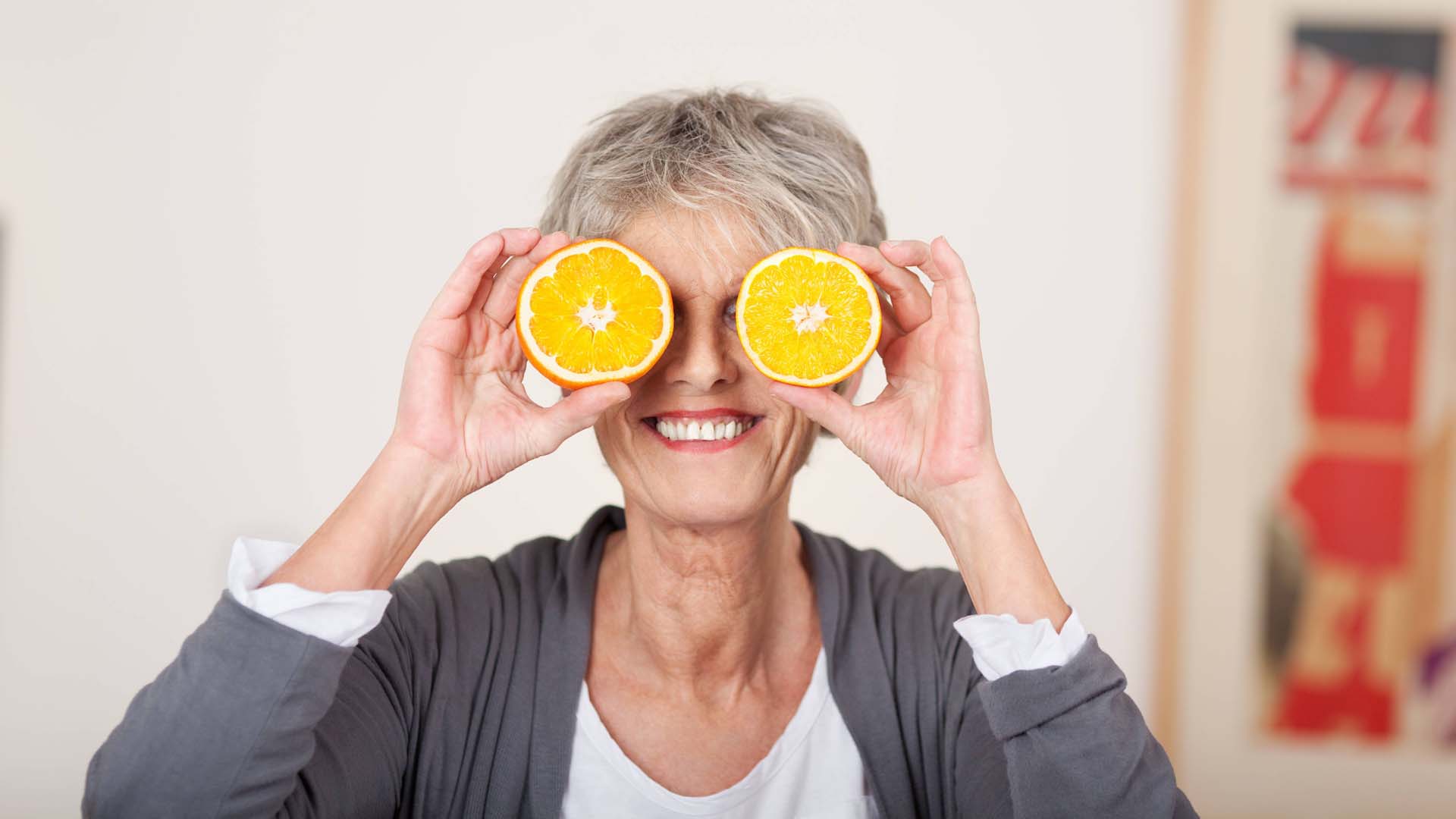
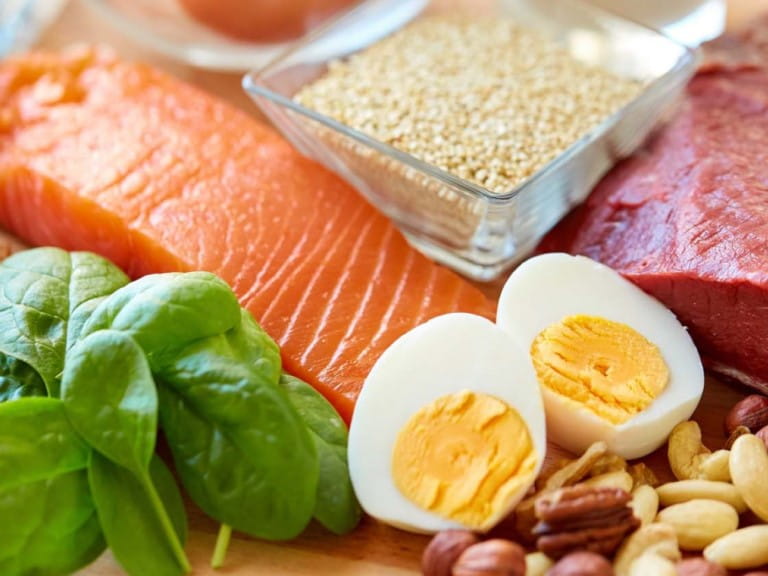
Everything you need to know about protein, from how it benefits your body to the best high-protein foods – and how much you really need.
